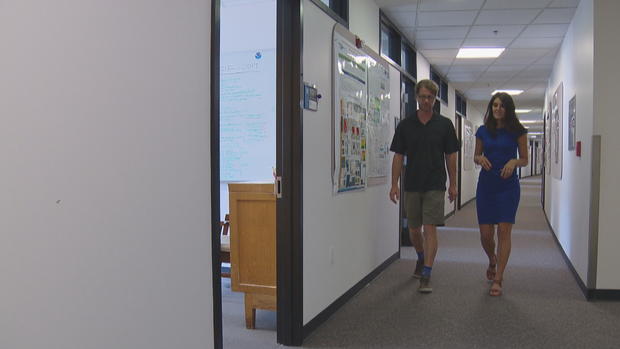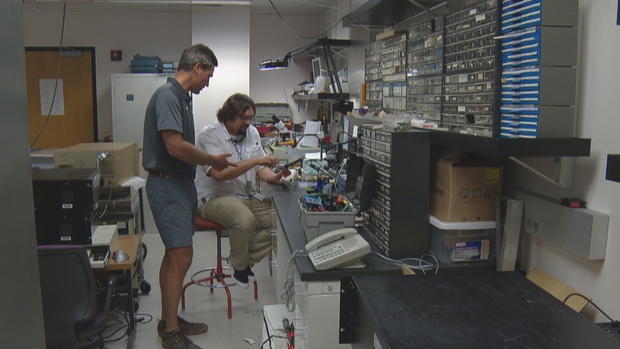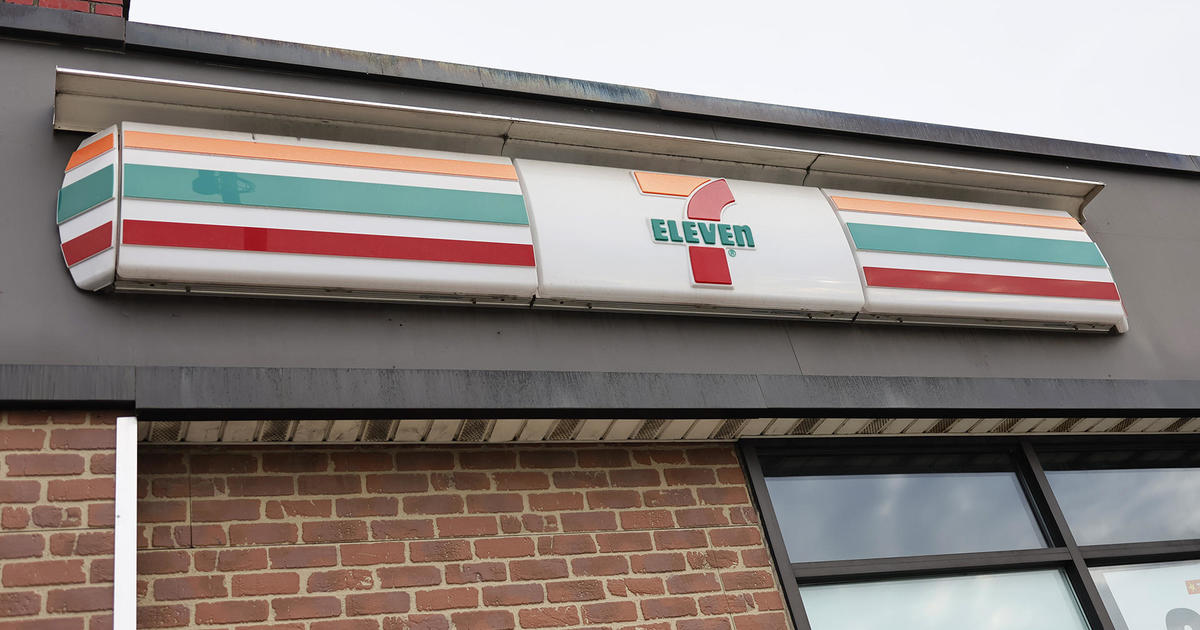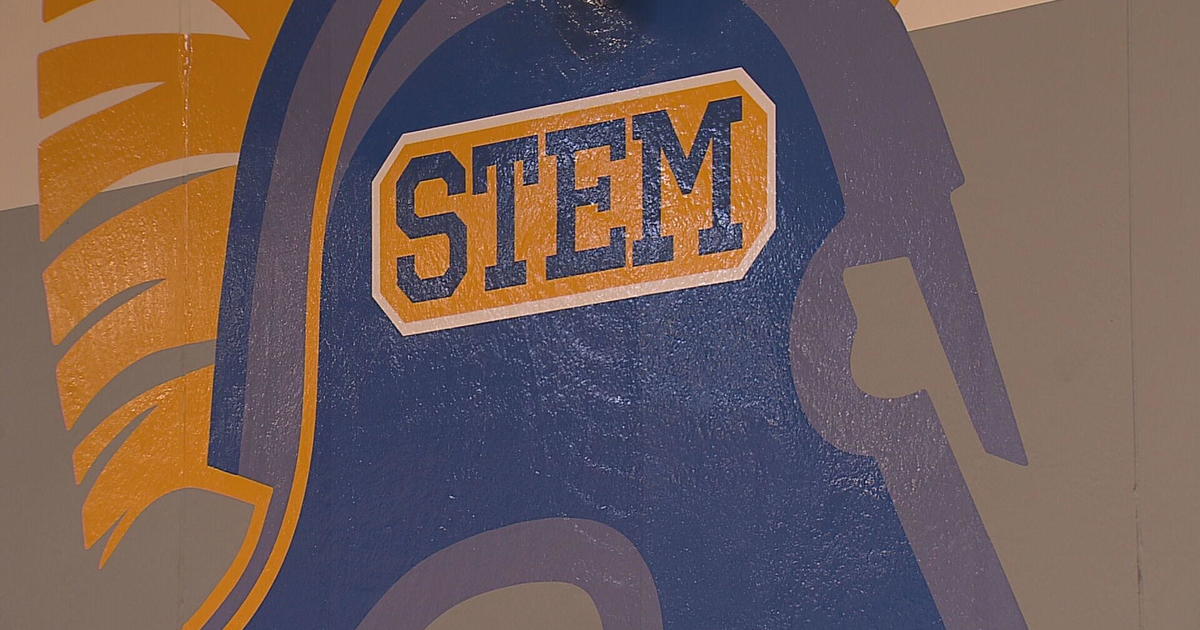Boulder Researchers Prepare For Historic Arctic Expedition
BOULDER, Colo. (CBS4) - Scientists are preparing for what could be the biggest Arctic expedition ever, with about 500 scientists from 17 countries involved.
More than two dozen of them are from Boulder and led by University of Colorado Researcher Matthew Shupe, the co-coordinator for the MOSAIC Expedition, or Multidisciplinary drifting Observatory for the Study of Arctic Climate.
"The expedition will be a year long. We are going to take an ice breaker, we are going to freeze it into the arctic sea ice and we are going to use that as a platform to study the arctic system," Shupe said.
The icebreaker, a German ship called the Polarstern, will be home to the hundreds of rotating scientists spending months at a time working in the harsh conditions.
There will be no internet and no phone service as the icebreaker drifts at the direction of the sea ice, and wildlife, mainly polar bears, are a big concern for researchers.
"The arctic is challenging for sure, it gets very cold it will get down to minus 40 degrees it can be very windy in the winter time it will be dark for four months straight," Shupe said.
Each scientist will study some aspect of the changing Arctic climate and its impact around the world over time.
Gijs de Boer is one of the CU researchers preparing for the trip.
"Our part of the project involves deploying unmanned aircraft as part of the bigger mission," de Boer said.
It has taken years of work to get the drones ready for his project. That includes hours of traveling and testing in similar climates like Norway and Alaska.
"Everything gets a lot harder, the cold is difficult to deal with. Our hands can't be exposed for any amount of time, so even the simple things like trying to pilot the aircraft from a controller can be difficult," de Boer said.
All of that preparation will now be put to the test.
"What we learn from MOSAIC can have wide reaching implications for all kinds of people," Shupe said.
The expedition is led by Germany with a total budget over $130 million, around $10 million of that coming from agencies in the U.S.
The expedition officially launches Sept. 20.





